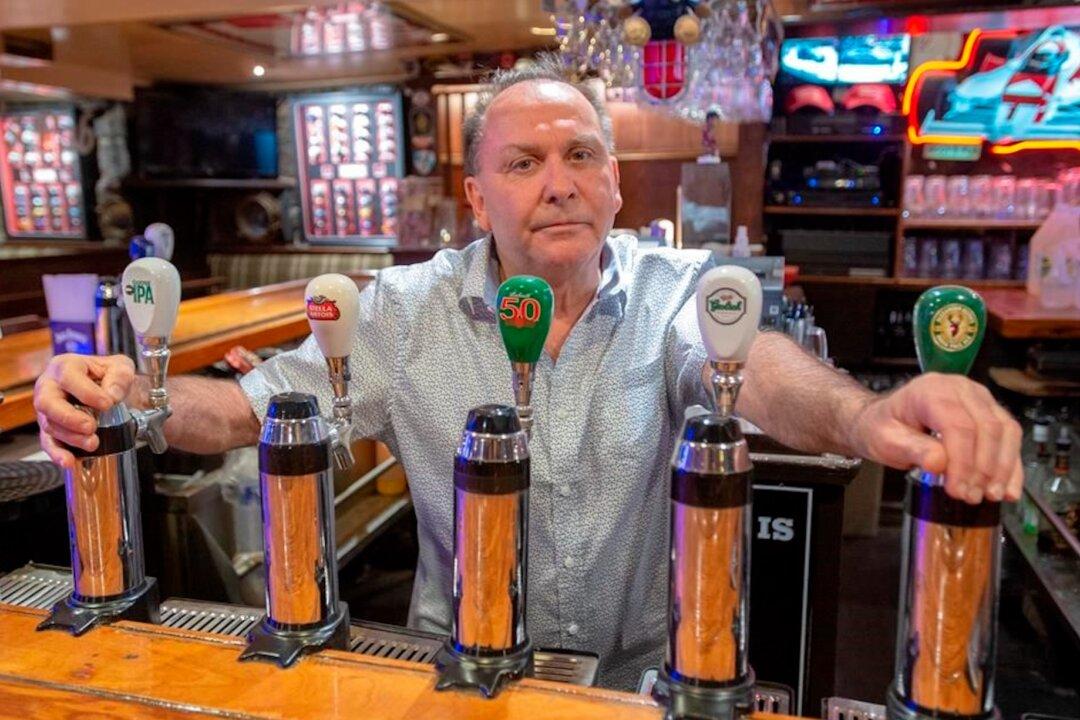MONTREAL—This is usually one of Ziggy Eichenbaum’s biggest-earning weekends of the year, when his pub is packed with tourists and partiers soaking up the atmosphere surrounding the Montreal Grand Prix.
But instead of hosting a giant street festival, Crescent Street is dead quiet and bars like Eichenbaum’s remain in limbo in the absence of clear directives on when they can open following the COVID-19 pandemic. As a result, some are mulling defying the government as a protest tactic.





